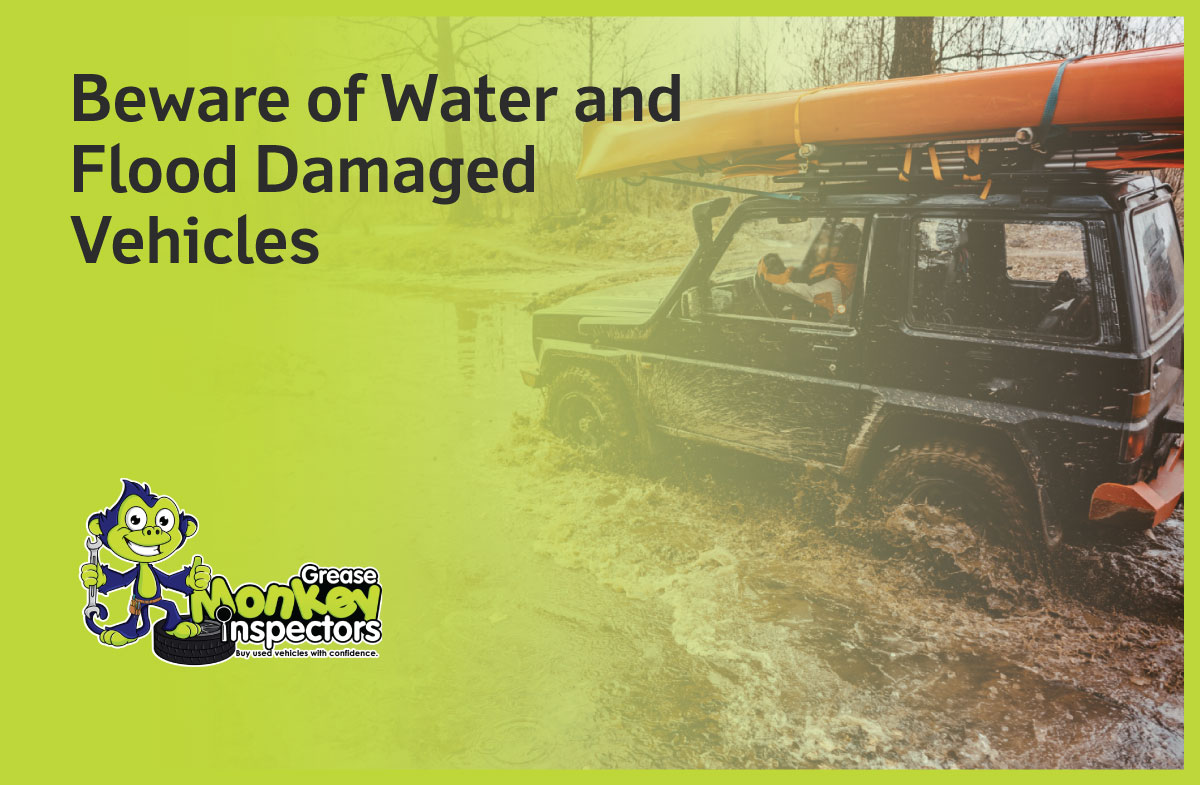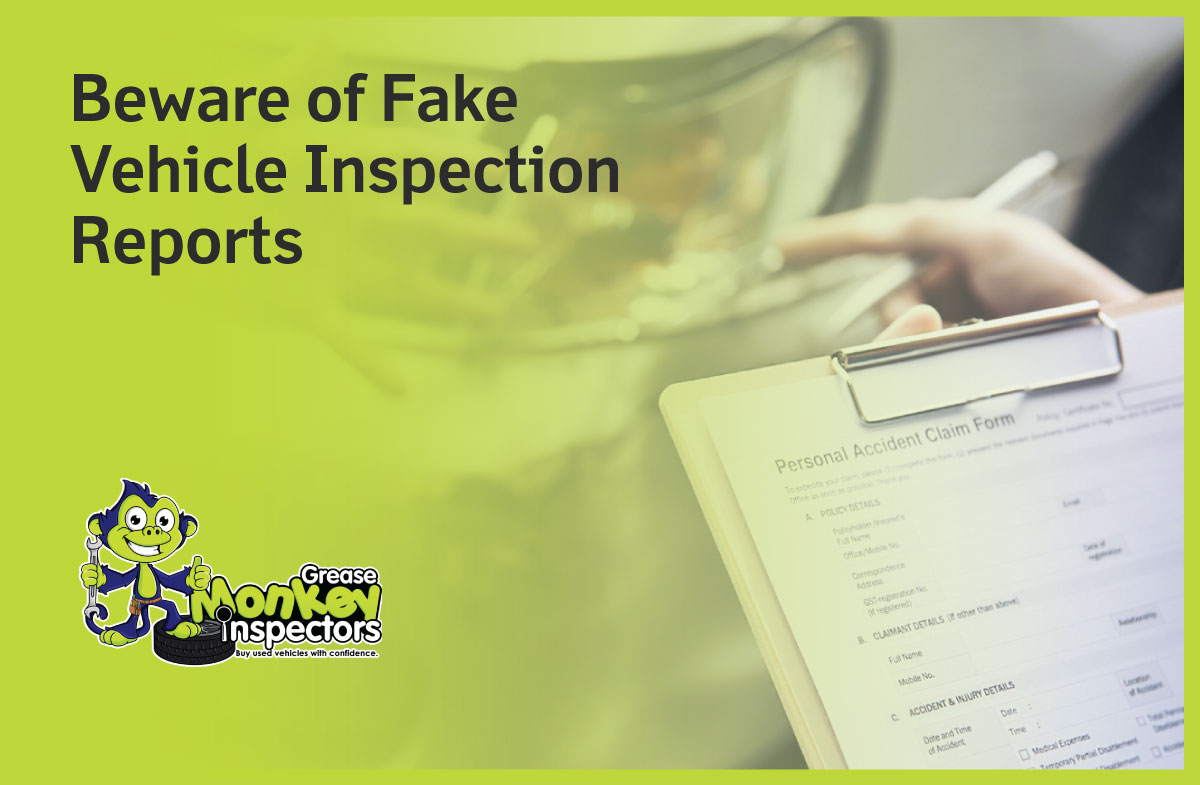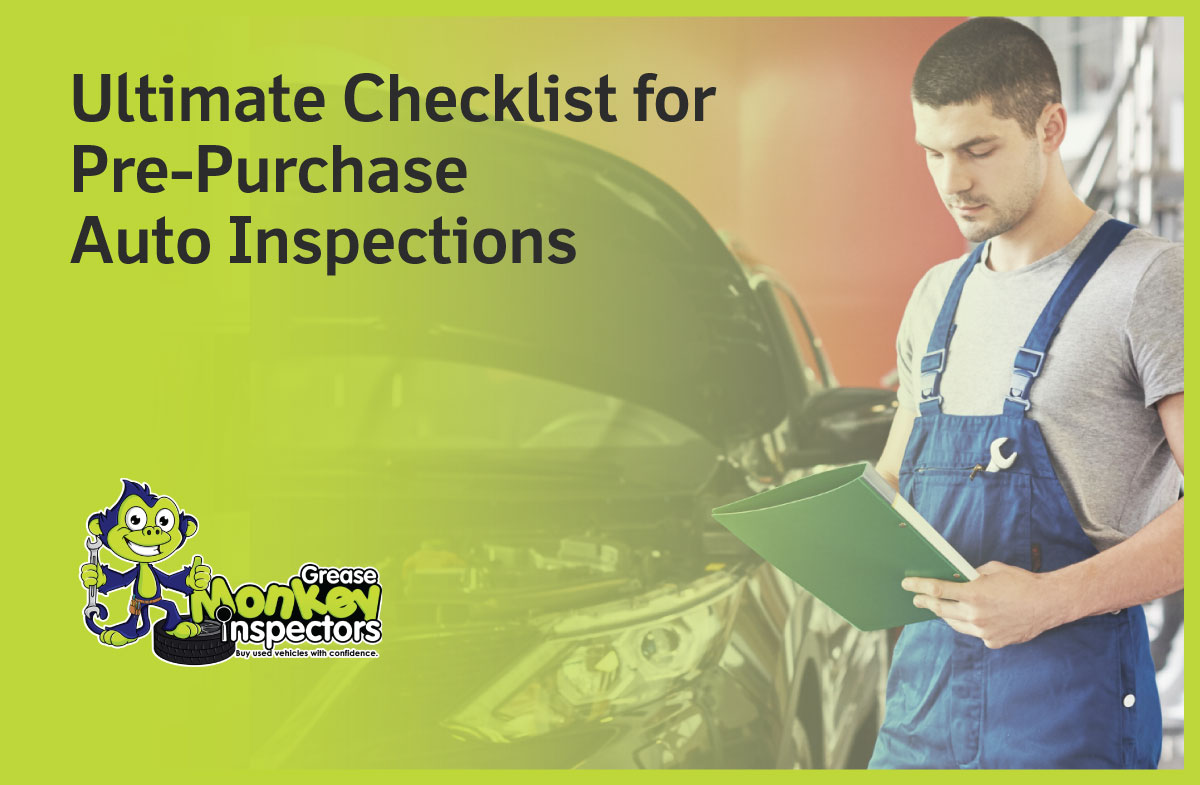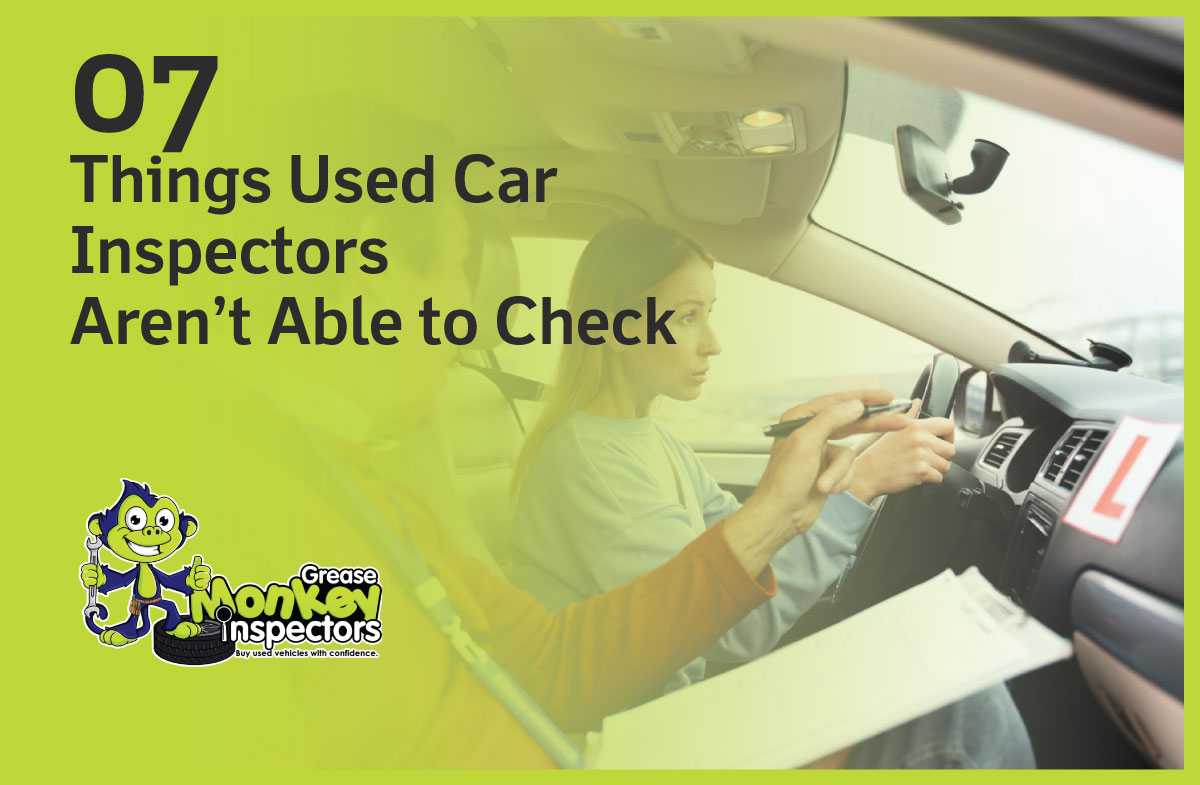Hidden Issues Used Auto Dealers Might Conceal From Buyers
Something no buyer wants to deal with is purchasing a car that has water or flood damage. At Greasemonkey Inspectors, we help you avoid this mistake with our thorough pre-purchase vehicle inspections. Water-damaged vehicles often hide serious issues that can lead to costly repairs down the road.
How Flood Damage Impacts a Vehicle
Flood damage isn’t always immediately visible, making it crucial to identify these problems before buying a used car. Questions like “How long was the vehicle submerged?” or “Was the water fresh or salty?” are key. Saltwater, in particular, accelerates corrosion, leading to severe rust issues.
Flood-damaged vehicles can also suffer from electrical failures, engine malfunctions, transmission issues, and cooling system breakdowns. If proper repairs haven’t been done, you’re likely looking at a car with ongoing problems that could quickly drain your wallet.
The Hidden Costs of Water-Damaged Vehicles
Unfortunately, thousands of water and flood damaged vehicles in Canada and Ontario re-enter the market each year, often without full disclosure. These cars are sold to unsuspecting buyers who later face significant repair bills. Sellers sometimes reset the car’s computer to erase error codes, masking the damage and making the vehicle appear problem-free.
For instance, in one inspection of an ’05 Mustang GT, we found rusted interior components, damp seat belts and flooring, and dirt inside the glove box—all signs of flood exposure. The cooling system failed to hold pressure, and a computer scan revealed incomplete monitors, indicating a reset to hide the car’s history.
Why Inspections Are Essential
This Mustang’s seller attempted to hide its issues and sell it at a premium price, but thanks to a thorough inspection by Greasemonkey Inspectors, the buyer avoided a costly mistake. Our inspections go beyond surface-level checks, uncovering hidden damage like rust in uncommon areas or electrical problems caused by water exposure.
We also include a detailed history report with every inspection, giving you an added layer of protection against undisclosed issues. Whether you’re buying locally or searching for used vehicles across Canada, our expertise ensures you won’t fall victim to a water or flood-damaged vehicle.
How We Help Buyers in Ontario and Canada
When purchasing a used car, always prioritize a professional inspection. Greasemonkey Inspectors specializes in pre-purchase vehicle inspections onsite, helping you avoid the risks associated with water and flood damaged vehicles in Ontario and Canada.
Protect yourself from the financial and emotional stress of buying a damaged vehicle. Get your next vehicle inspected by us to ensure you’re making a sound investment.
Explore our Inspection Packages to secure peace of mind before your next purchase.










